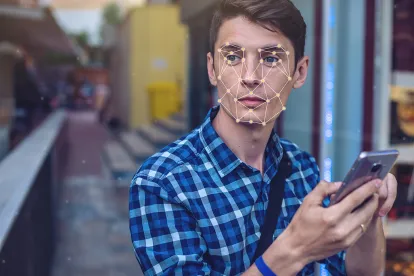The Federal Trade Commission (FTC) announced its settlement with Everalbum Inc. (Everalbum) for its Ever app, a photo and video storage app, due to its alleged deception of consumers related to the app’s use of facial recognition technology and its retention practices around deactivated accounts.
Pursuant to the settlement agreement, Everalbum must delete models and algorithms that it developed using users’ uploaded photos and videos and obtain express consent from its users prior to applying facial recognition to a photo. FTC Commissioner Rohit Chopra said that facial recognition technology is “fundamentally flawed and reinforces harmful biases.” As regulation and enforcement around this technology surely increases, the FTC seeks to suspend or inhibit and restrict the use of such software.
The Ever app (which is defunct as of August 2020), permitted users to upload their photos and videos to a cloud-based storage platform. The app then used facial recognition technology to automatically sort users’ photos and videos for the tag a “friend” feature. However, according to the FTC’s allegations, Everalbum’s use of facial recognition was NOT limited to its app’s friend feature; between September 2017 and August 2019, it allegedly combined facial images from its users’ accounts with facial images from publicly available datasets. The combined data was then used to develop Everalbum’s facial recognition technology. This technology (since it is no longer used in the Ever app) is now marketed through Paravision, which is a company that provides services related to building security, payments and travel. A Paravision representative said that the FTC settlement reflects “changes that have already taken place” as it continues to utilize the technology in a more ethical manner. The new Paravision model also does not use any of the Ever app’s user data previously collected from consumers.
This settlement raises more questions (than answers) about how to handle and use the data used to train facial recognition software. This settlement also highlights the potential for an increase in consumer class actions over the use of facial recognition technology, especially as consumers become more aware of the use of this technology, how it works and the perhaps uncontemplated uses by the companies with which many consumers are freely sharing their data.



 />i
/>i

